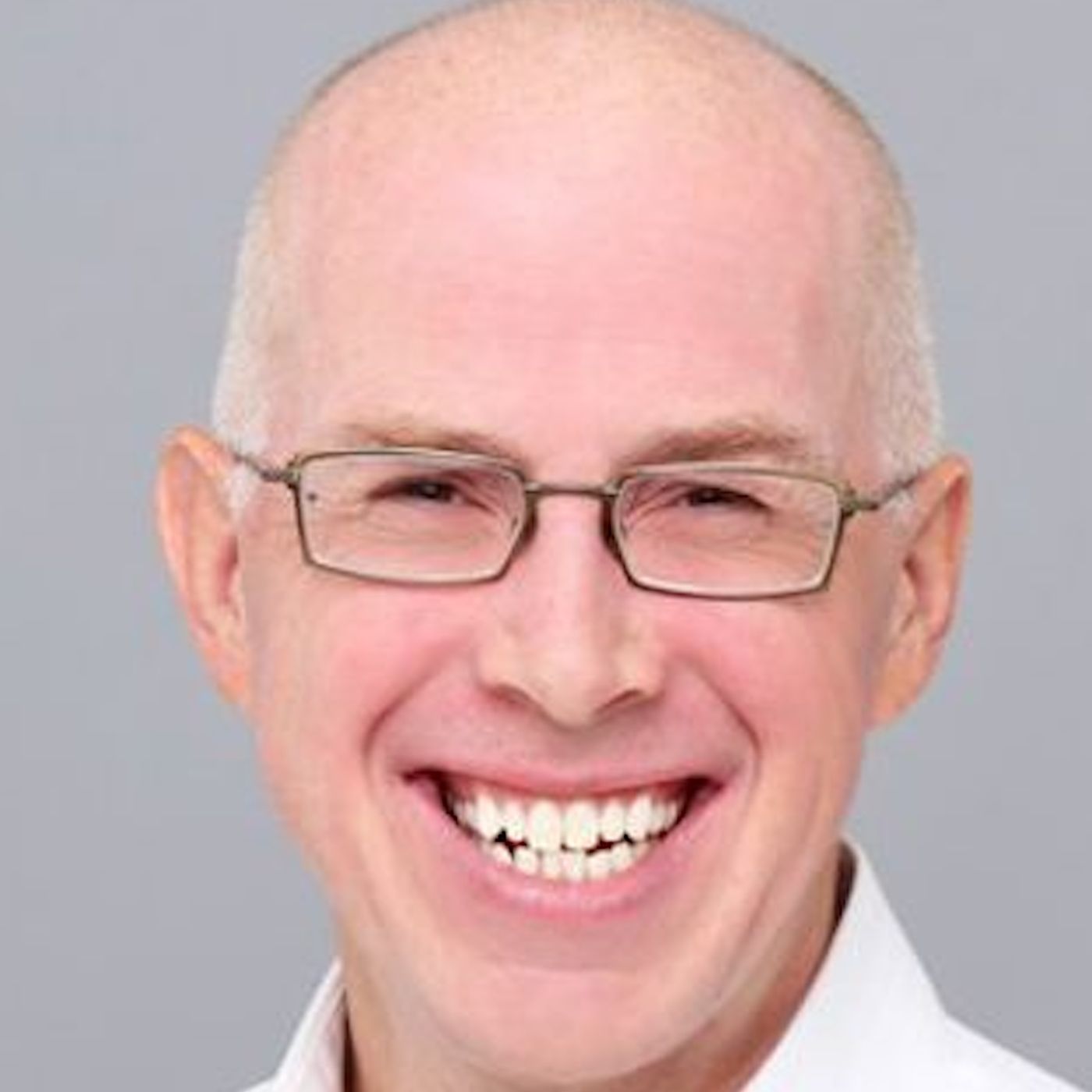- Technology
- SEE MORE
- classical
- general
- talk
- News
- Family
- Bürgerfunk
- pop
- Islam
- soul
- jazz
- Comedy
- humor
- wissenschaft
- opera
- baroque
- gesellschaft
- theater
- Local
- alternative
- electro
- rock
- rap
- lifestyle
- Music
- como
- RNE
- ballads
- greek
- Buddhism
- deportes
- christian
- piano
- djs
- Dance
- dutch
- flamenco
- social
- hope
- christian rock
- academia
- afrique
- Business
- musique
- ελληνική-μουσική
- religion
- World radio
- Zarzuela
- travel
- World
- NFL
- media
- Art
- public
- Sports
- Gospel
- st.
- baptist
- Leisure
- Kids & Family
- musical
- club
- Culture
- Health & Fitness
- True Crime
- Fiction
- children
- Society & Culture
- TV & Film
- gold
- kunst
- música
- gay
- Natural
- a
- francais
- bach
- economics
- kultur
- evangelical
- tech
- Opinion
- Government
- gaming
- College
- technik
- History
- Jesus
- Health
- movies
- radio
- services
- Church
- podcast
- Education
- international
- Transportation
- Other
- kids
- podcasts
- philadelphia
- Noticias
- love
- sport
- Salud
- film
- and
- 4chan
- Disco
- Stories
- fashion
- Arts
- interviews
- hardstyle
- entertainment
- humour
- medieval
- literature
- alma
- Cultura
- video
- TV
- Science
- en
From Adaptive Learning To Learning Engineering: Nick Howe, Area9 Lyceum

b'With a 25-year plus pedigree in applying advanced algorithms to Learning, Danish company Area9 Lyceum believes that we should encourage Learners to make mistakes and pursue misconceptions so that we can better duplicate real-world cognitive situations. Driving that idea both internally and externally for the company for the past four years is its Chief Learning Officer and Evangelist, Yorkshireman Nick Howe\\u2014the perfect next guest in our on-going \\u2018Learning Scientist\\u2019 thematic season here on \\u2018Learning Is The New Working.\\u2019 Why perfect? Because he\\u2019s another Workplace Learning thinker (and doer) who also sees himself, as so many of you guys do, too, as \\u201cFighting the good fight against outdated, misused, misleading and just plain wrong approaches to Teaching and Learning.\\u201d So buckle up, as we get through quite a lot of deep theory in our hour\\u2019s sit-down with Nick, covering everything from public sculpture to the intriguing work of pioneering Swedish psychologist K. Anders Ericsson (prior to his sad recent departure, on the firm\\u2019s Advisory Board), and what it might mean for us in L&D going forward. Listener warning; there\\u2019s a little break at about 49 mins in due to connectivity issues on the day which we have hidden with a music cue, but please don\\u2019t think that\\u2019s the end of the episode! Along the way, we also rap about: his personal journey to where he is today (Northern England to Southern Florida, from Chemistry to Learning personalization); the Area9 Lyceum story (hint: there\\u2019s a cool story between both parts of the name!) and its origin story in medical and computer specialists finding common ground in helping doctors stop making mistakes; what terms like \\u2018confidence\\u2019 and \\u2018adaptive\\u2019 really mean for him; \\u2018not a buzzword company\\u2019\\u2014the on-going relevance for academic research into what his company is trying to do; why giving access to 10,000 courses doesn\\u2019t mean your job is over as a CLO; why he thinks so much about the centrality of motivation; and much more.'